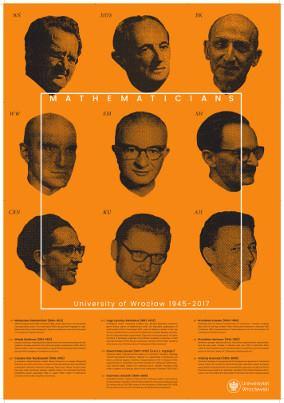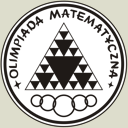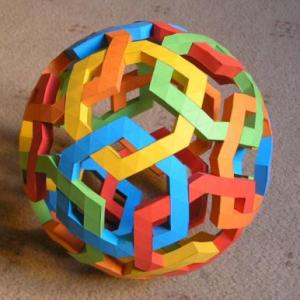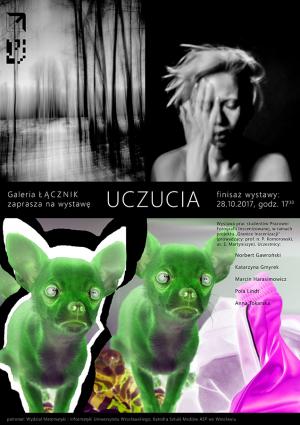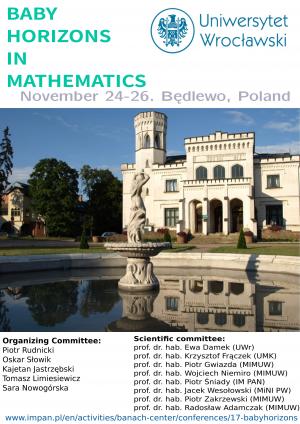Twarze z plakatu 2
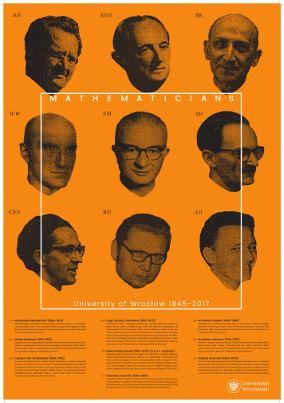
W poniedziałek 11 grudnia zapraszamy o godz. 17:15 do sali 601 na drugie spotkanie z serii Twarze z plakatu, poświęcone Bronisławowi Knasterowi.
Wystapią m.in. profesorowie Paweł Krupski i Jan Waszkiewicz oraz dr Danuta Zaremba. Przewidziano specjalny adres córki profesora Knastera Elżbiety do uczestników.

